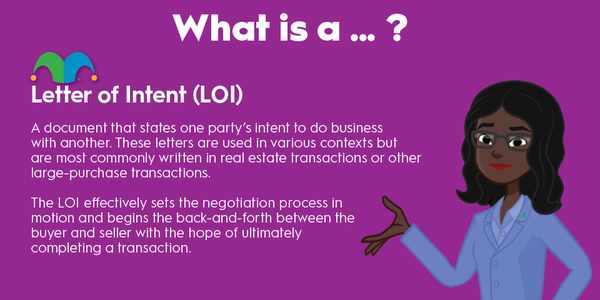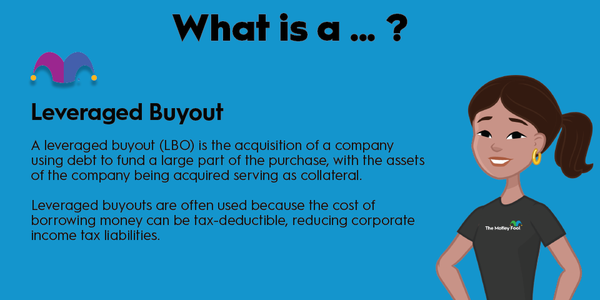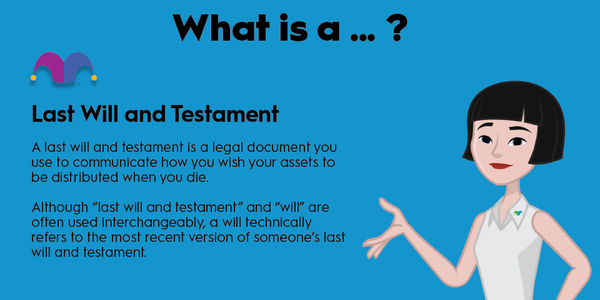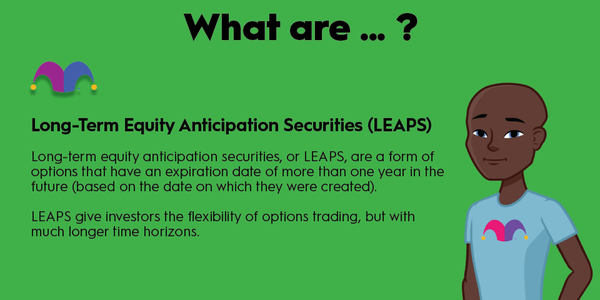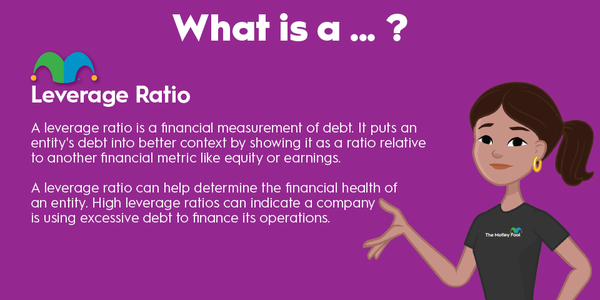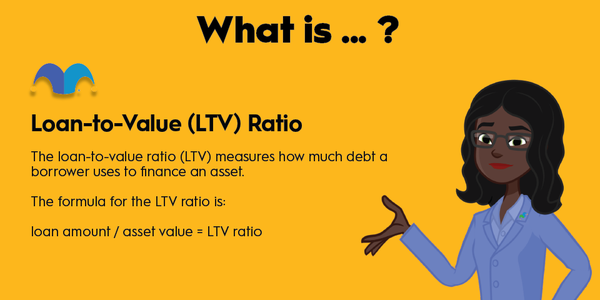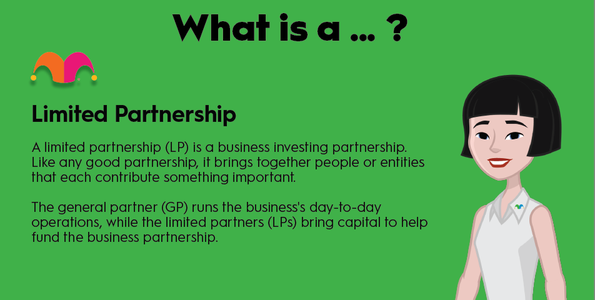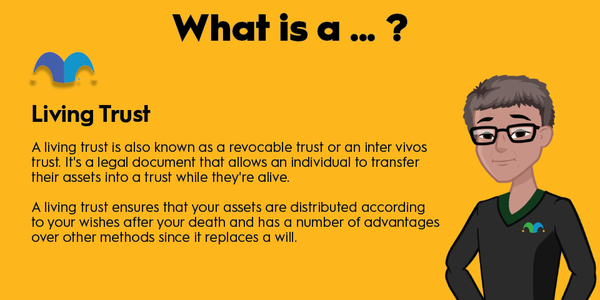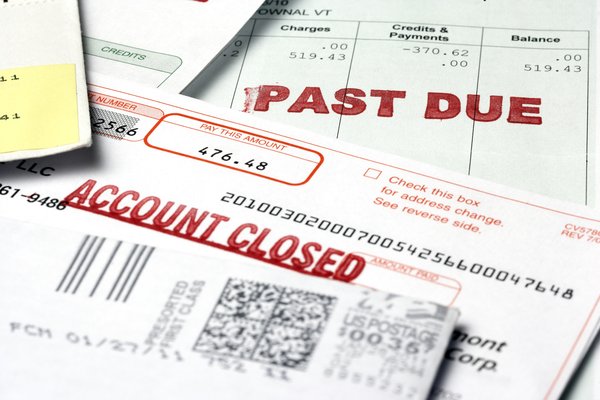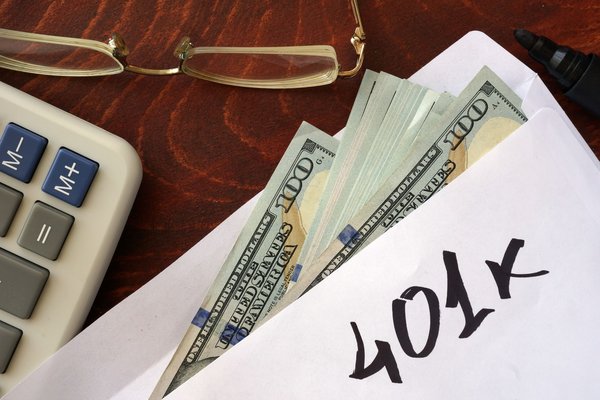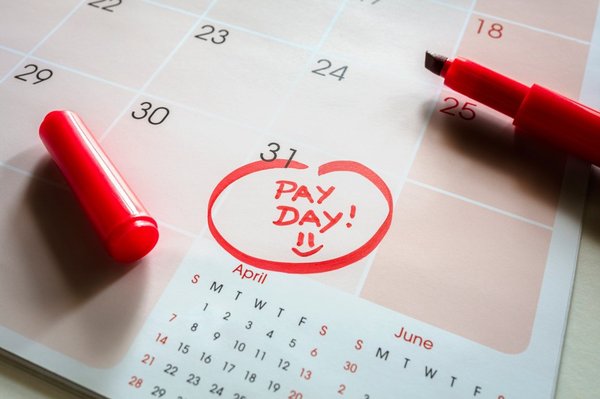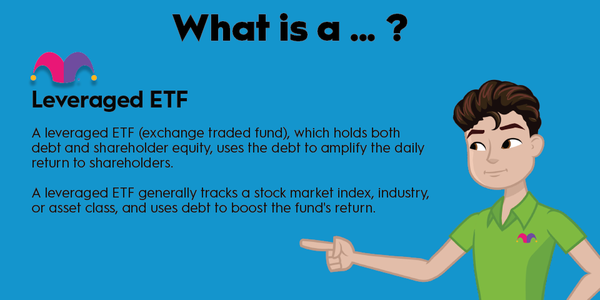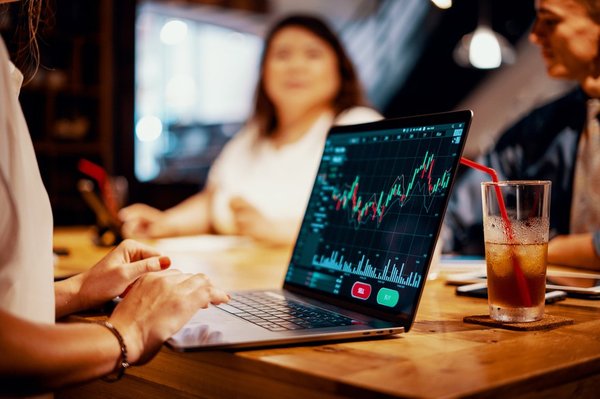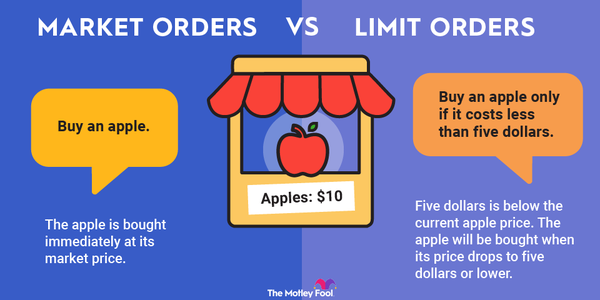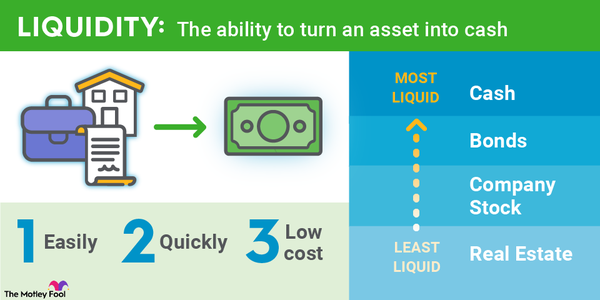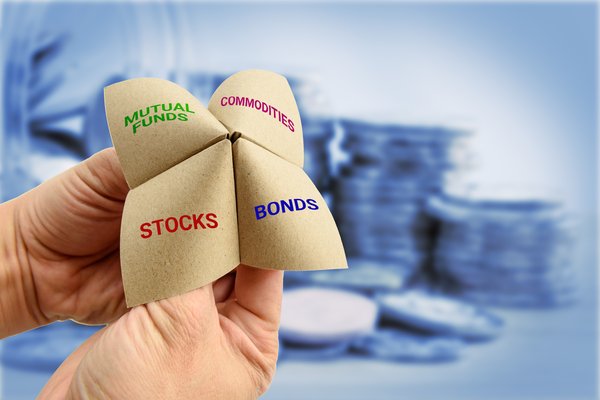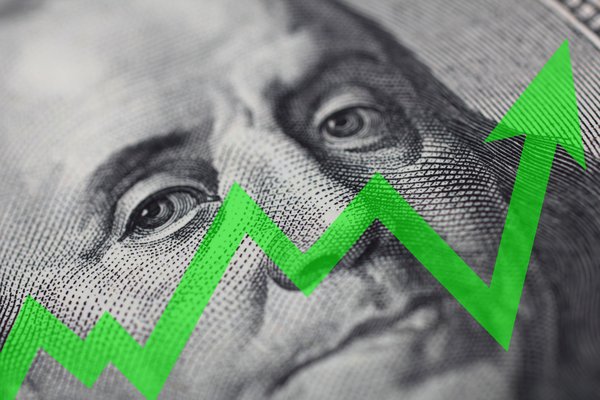It may be most commonly known as the name of a music festival, but the word "Lollapalooza" has its origins in 19th-century American slang. It refers to "an extraordinary or unusual thing, person, or event; an exceptional example or instance." Veteran market-watchers will also associate it with the late Charlie Munger, one of the best-known U.S. investors in recent memory. Let's dive in and explore what's become known as the "Lollapalooza effect."
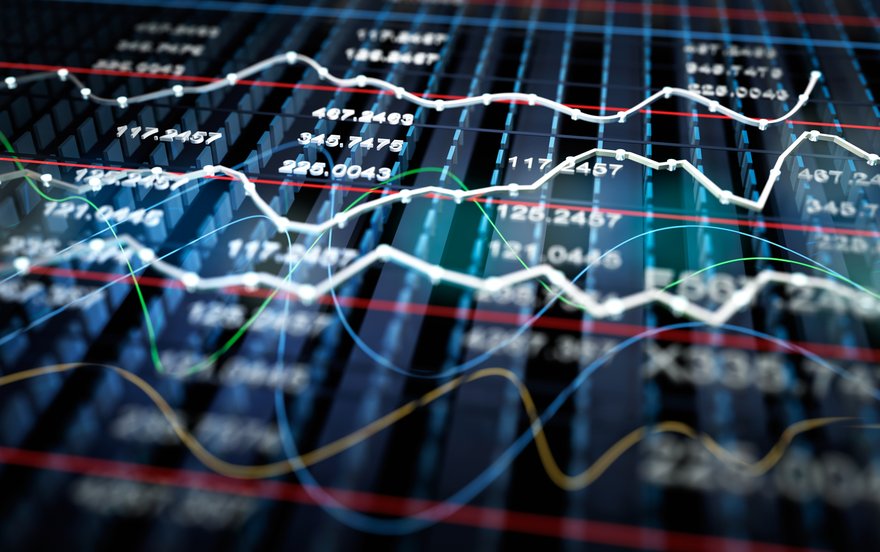
The Lollapalooza effect
What is the Lollapalooza effect?
The Lollapalooza effect, described in passing by long-time Berkshire Hathaway (BRK.A 0.99%) (BRK.B 0.91%) vice chairman Charlie Munger during a 1995 Harvard speech, is a relatively simple concept. Essentially, Munger argued, it occurs when different attitudes and desires converge to drive people in the same direction.
As an example, Munger cited the 1964 murder of Kitty Genovese in front of 37 New York City witnesses who did nothing while the 28-year-old was raped and stabbed. Since no one acted to save her, witnesses assumed it was acceptable to avoid intervening.
The Lollapalooza effect isn't always harmful, though. Munger noted the effect's benefits with Alcoholics Anonymous (AA), which claims a 50% success rate. The AA program is credited for succeeding where other methods fail because new members try to follow the example of other people in the program.
However, Munger observed that the Lollapalooza effect has economic and social implications. "I think time and time again, in reality, psychological notions and economic notions interplay," he said, "and the man who doesn't understand both is a damned fool."
Lollapalooza effect and markets
The Lollapalooza effect and markets
Munger said that one of the best examples of the Lollapalooza effect is open auctions. At least three tendencies lead to trouble: (1) social proof, or other people's influence; (2) reciprocation tendency, or the likelihood that people will act as others expect them to; and (3) deprival super reaction syndrome, or the threatened removal of a scarce resource.
"Three, four, five of these things work together," Munger said, "and it turns human brains into mush. And maybe you think this doesn't happen in picking investments. If so, you're living in a different world than I am."
Munger's description of the Lollapalooza effect took on extra credence during the 2007-09 financial crisis when it appeared in full swing. The crisis was caused largely by Wall Street's decision to push subprime mortgage-backed securities as investments.
Brokers were financially incentivized to sell securities regardless of their soundness. Banks were incentivized to make subprime loans to be packaged and sold to brokers. Consumers were incentivized to buy houses they couldn't afford, whether for investments or homes. Eventually, the housing market collapsed, caused by multiple factors working together, leading to a prolonged global economic slump.
Resolving Lollapalooza effects
Resolving Lollapalooza effects
Munger gave a follow-up speech in 1996, "Practical Thought About Practical Thought," which outlined five basic steps to solve problems, using Coca-Cola's (KO 0.63%) success as an example. Unsurprisingly, considering the possible Lollapalooza effects was included as a step:
- Simplify the problem.
- Use numerical fluency to determine how to reach a target.
- Study basics and understand the appeal of a product.
- Look for Lollapalooza effects.
- Invert the problem by determining what to avoid.
Related investing topics
Identifying all the potential Lollapalooza effects is no easy task. However, it's safe to say that if more than a few exist, an investment will likely be extremely volatile and unpredictable, and it might be best to avoid potential trouble.

